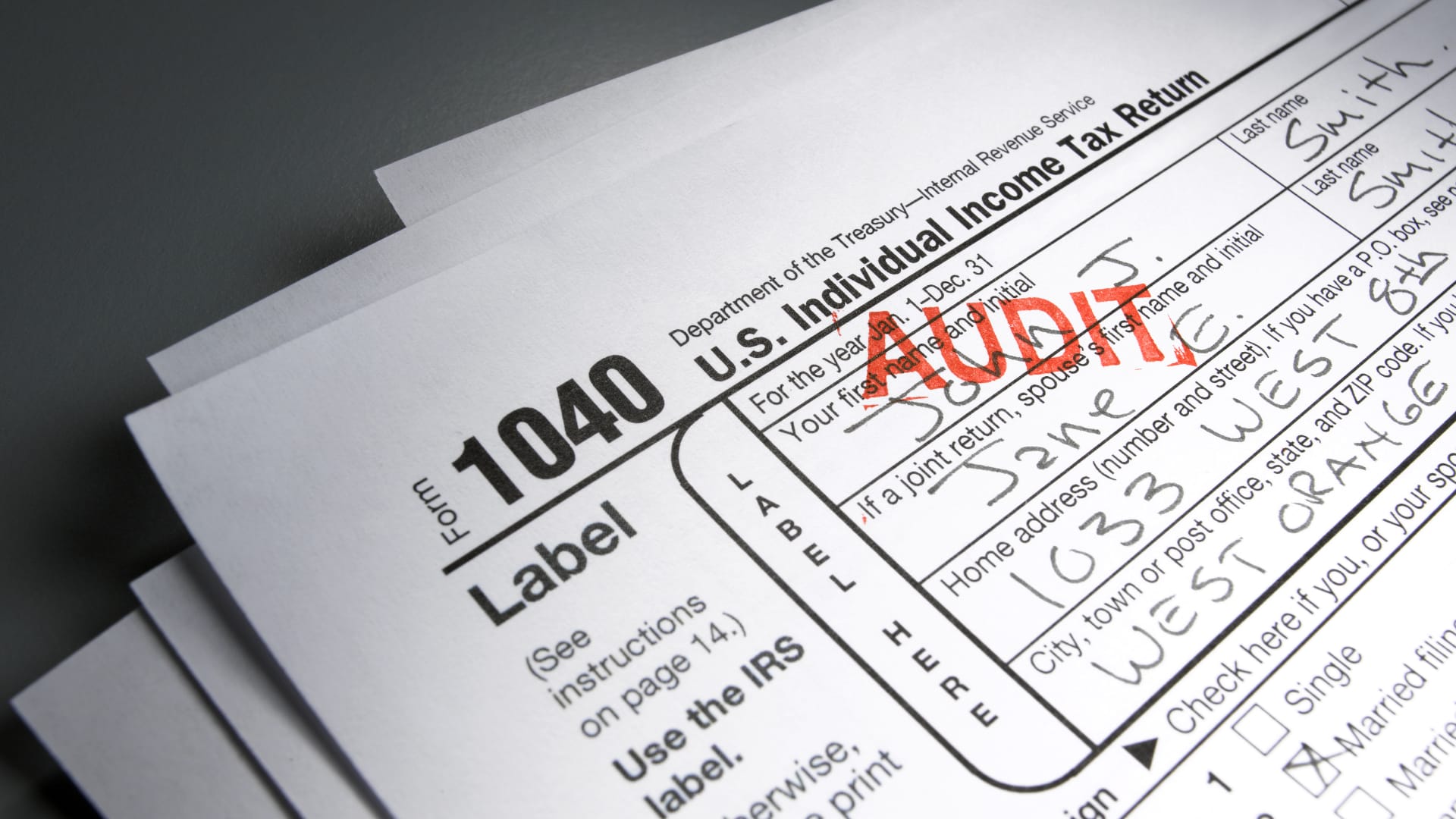IRS Plans to Use AI to Boost Audits of Wealthy Taxpayers and Corporations
-
IRS launching plans to use AI and boosted technology to collect unpaid taxes from wealthy taxpayers, partnerships, and large corporations.
-
IRS renewed focus on higher-end enforcement and audits, while promising not to increase audits for those making under $400k.
-
With AI, data will be constantly analyzed to catch previously missed high-end tax issues. Expect increased IRS scrutiny in 3-5 years.
-
Experts advise keeping organized tax records for at least 7 years in case of an audit.
-
While technology may aid compliance, IRS faces risks and pressure to show results without making mistakes.
